Stages of Development
Dr. Anjan Bhattacharya
MB BS(Cal); DCH(Lond); MRCP(Lond); MRCPCH (UK);
Consultant Developmental Paediatrician; CHILD DEVELOPMENT CENTRE;
APOLLO MULTISPECIALITY HOSPITAL, KOLKATA
Ex-Head of Academics, Department of Paediatrics. Honorary Affiliate Tutor and Programme Co-ordinator (East) DCH/IPPC Course, Sydney University, Australia.Executive Member of National Growth, Development and Behavioral Pediatrics Chapter of Indian Academy of Pediatrics, National Secretary of Medico-legal Group of Indian Academy of Pediatrics and Executive member of West Bengal Academy of Pediatrics.
Various classic developmental theorists like Erik Erikson and Jean Piaget and newer theorists like UrieBronfenbrenner and Lev Vygotsky have made major contributions to our understanding of childhood developmental stages. Jean Piaget has asserted that human intelligence develops through interaction with one’s world. Children are able to create their own cognitive (intellectual) concepts by constantly exploring and interacting with their expanding environment. In the process, they redefine reality based on their experiences. Erikson’s theories help us to understand that a child’s actions can be predicted from observing his/her environment in which he/she is living. A supportive, thoughtful, gentle and consistent environment generally leads to a happy, energetic, affectionate and cooperative child whereas a negative,harsh,rough environment generally leads to a sad, rough, aggressive child.
Though each child develops at his/her own pace,yet according to Erikson, each stage must be fairly well-established before the next stage can begin. If a child fails to master the developmental tasks at one stage,he/she will be unable to complete the subsequent stages successfully.
Birth to 2 years
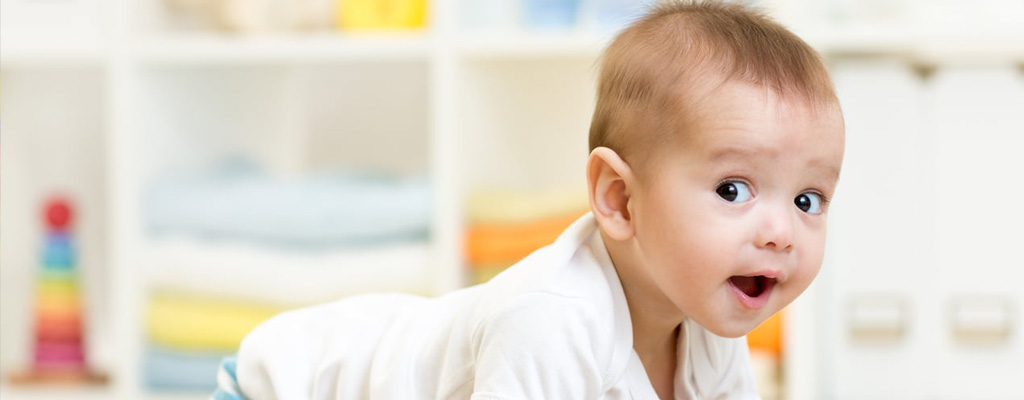
Stage 1 : Trust vs Mistrust -The infant develops trust or mistrust through his/her early experiences,which,in turn,determines his/her attitude in the following years, either one of optimism or pessimism.
Baby understands that activities have consequences - He/she understands that some activities bring hugs,kisses while others bring frowns,scolding and even isolation. Babies prefer those activities which bring them the former and shun those which bring them the latter.
Stage 2 : Autonomy vs Doubt, Shame - Lots of physical and emotional development take place like :
• Muscle strength and coordination - It leads the baby to learn new adventures and demands like walking and toilet training;
• Memory establishment - A consistent caregiver and firmly established daily schedule help the infant to remember and anticipate a pattern of activities upon which he/she can depend.
• Language development - An infant learns to speak through babbling and imitating sounds. He/she discovers that words can have an effect on others.
Requirements :
A constant caregiver to protect him/her from injury and to provide support.
Warning signs :
• Motor delay (delay in rolling over, sitting, crawling/bottom shuffling, walking)
• Lack of communication intent (not waving bye-bye, no babbling, no finger pointing)
• Not responding to adults (hearing, speech disorder, autistic spectrum disorder)
• Poor eye contact/visual behaviour, looks vacant
• Dull affect/Frozen watchfulness
Year 2
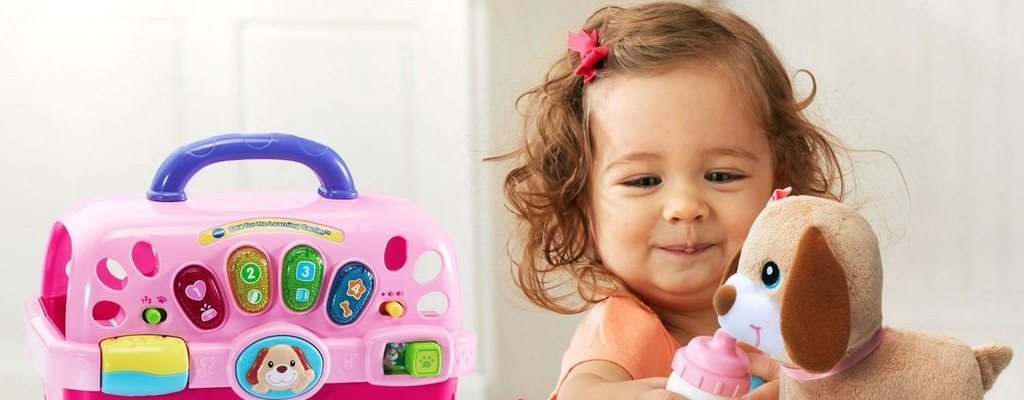
• The psychosocial personality of the baby starts forming with the development and integration of the above accomplishments.
• Feelings of value and autonomy are established from self-confidence established through pride in his/her new abilities.
• Impulse control learning starts and toddler learns how to change his/her actions to gain attention and affection.
Requirements :
A consistent supportive caregiver to guide and encourage the toddler as otherwise this will ,lead the toddler to failure which in turn will lead to self-doubt,shame and despair.
Warning signs :
• No single word
• Toe walking
• Food aversion/rejection
• Poor communication/eye contact/finger pointing
Year 3
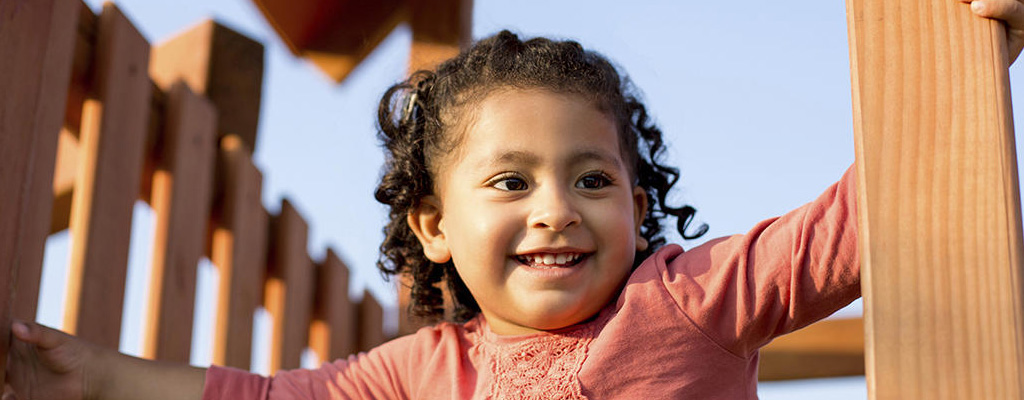
Toddler
• enjoys his/her increasing strength,agility and body control.
• starts to have an increasing vocabulary and memory which helps him/her to understand, predict and cooperate with his/her expanding world.
• starts enjoying a growing imagination.
• Ability to separate from one’s parents starts at this phase as toddler starts preschool/daycare.
Requirements :
Loving support and protection.
Warning signs :
• No two worded sentence
• Problem behaviour
• Odd behaviours
Years 4 and 5
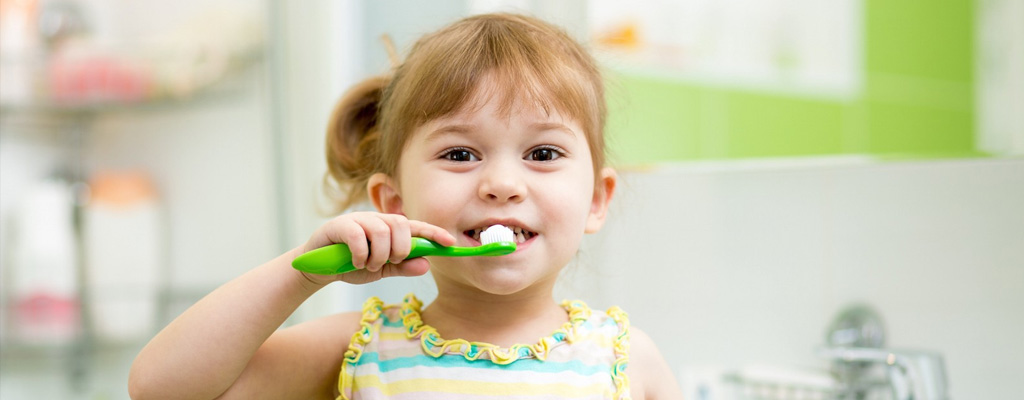
“Initiative vs Guilt” stage - The preschooler starts investigating new activities with very little or no regard for the consequences, resulting in disappointment, pain and disapproval.
• Fear of the new world develops
• Developmental regression along with nightmares are quite common now.
• Prepares for kindergarten and later school years.
• By age 5, he/she accepts reality as it is as a result of experience and gives up the fantasy of “make-believe” world
• Becomes “egocentric” and starts believing that peers should “do” whatever he/she does.
• Starts learning to be a better playmate
Requirements :
• Patience,love and understanding
• Reward child’s efforts to modify his/her behaviour
• Evaluation of child’s emotional well-being.
Warning signs :
Sensory and language deficits
• No sharing
• Poor concentration/attention
• Always on the go
Years 6

“Industry vs Inferiority” stage
• Self-confidence
• Greater cooperation
• Greater ability to express thoughts and ideas
• Able to manage a daily routine away from home
• Maintain appropriate behaviour
• Make new friends
• Be able to accept and return affection
Requirements :
• Allow child to be free,to try out new ideas,see how they work and explain his/her conclusions
• Family support and encouragement
• Support from friends and teachers
• Evaluation of physical,health,environmental and support system of the child
• Close monitoring of children’s achievements
Warning signs :
• Feelings of insecurity and inferiority
• Persistence of separation anxiety
• Proneness to accidents
• Health problems
Years 7 and 8
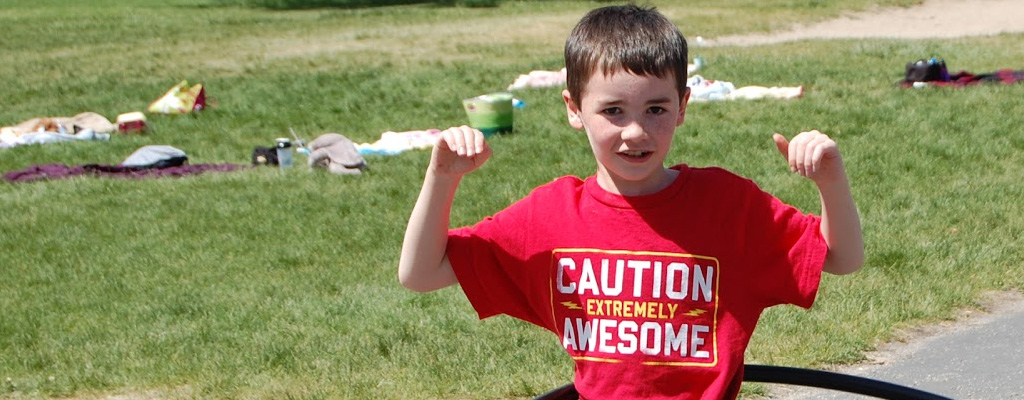
• Builds up on the skills developed earlier
• Able to set appropriate goals and reach them with enthusiasm
• Reduction of “egocentricity”
• Able to instigate and expect responsible behaviour from self and others
Requirements :
• Group discussions at school and family to maintain moral and behavioural standards set earlier
• Appropriate environment to help develop a positive self-identity
Warning signs :
• Spends time alone
• Stammering
• Eye blinking
• Frequent deep sighing
• Return of bedwetting
Years 9,10 and 11

“Identity vs Role Confusion” stage - Preadolescent grapples with various physical, intellectual changes
• Goes through upsetting period of emotional and physical instability
• Physical changes take place;girls generally mature earlier than boys
• Concrete thinking changes to abstract thinking
• Language becomes an important tool for questioning and hypothesizing
• Moves towards independence and starts questioning concerns and values of family, peers and society
• Pride in development of intellectual skills
• Greater role in community activities
Requirements :
Discussion by adults with children about expected physical changes to help them appreciate their uniqueness
Warning signs :
• Signs of anger and isolation
• Choice of inappropriate role models
• Unhappiness and rejection of physical changes
• Inability to make or retain friends
Years 12 to 16

Develops sense of self both from present and future
Requirements :
• Adult should listen consistently and discuss ideas without arguing with the youngster.
• Adult and youngster need to establish realistic behaviour standards and set limits on school and outside activities
• Appreciation and acknowledgement of physical changes
• Evaluation and maintenance of health habits like sleep,diet,exercise and personal grooming
• Firm establishment of safety practices with special help meted out to accident-prone children
• Provide age-appropriate sex,drug and alcohol education
• Make him/her understand the differences and similarities of the opposite sex
Warning signs :
• Anger and isolation
• Inability to make or retain friends
• Unhappiness and rejection of physical changes
• Leaning towards drugs and alcohol
• Failure to cope with family,school and societal pressure
As the youngster struggles to work through the many dilemmas of transforming into adulthood,the school,family and community should provide a protected environment to the youngster. Society will indeed pay a high price if our adolescents are not provided this support.








